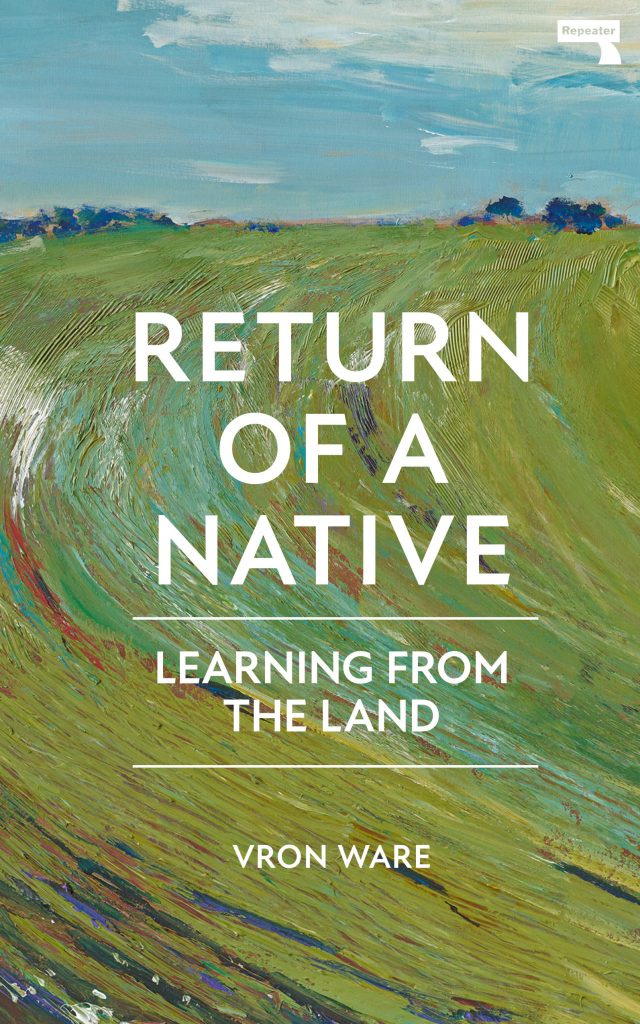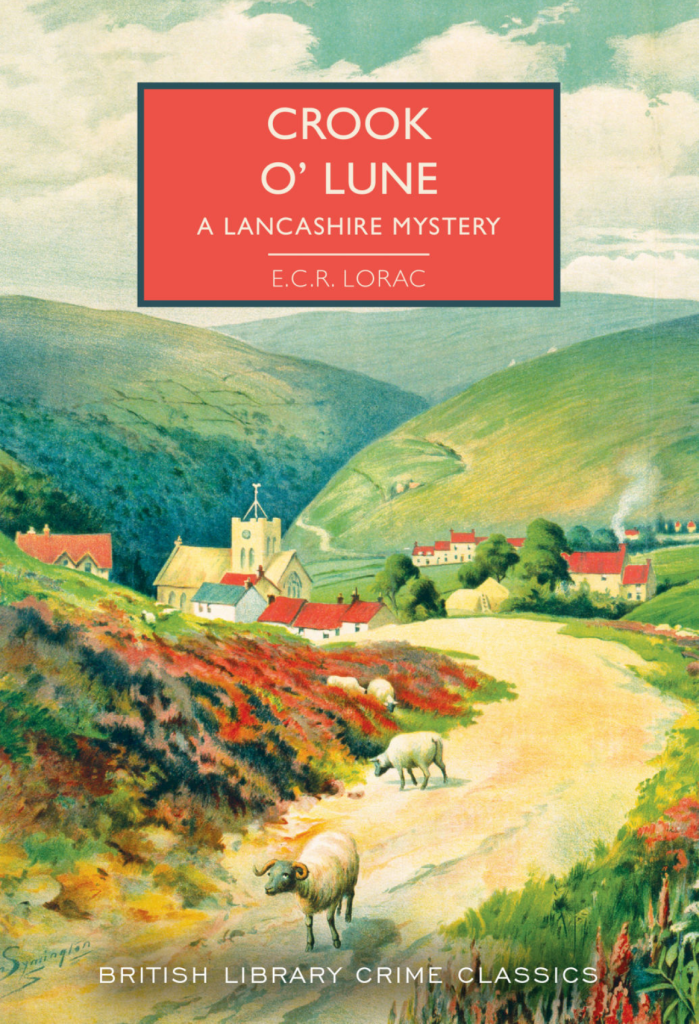
Hall’s Farm sits on the lower slopes of Higher Metcombe, a stone’s throw from the Western edge of the East Devon Area of Outstanding Natural Beauty. I pass it regularly on my bicycle, in a blur going down and rather more sedately going up. It’s home to The Metcombe Herd, which perhaps sounds like a rural 1960s Peter Frampton tribute band, but is actually a gang of pedigree Holstein Friesian cows. There’s a nice little sign on the end of one of the outbuildings proclaiming this, although lately it’s obscured by a larger one announcing that the farmhouse, its outbuildings and 18 acres are up for sale. I dread to think what will become of the place. Will it continue as a small working farm or will it fall foul of the drive to turn every available piece of rural architecture into second homes and holiday lets? Will the fields be dotted with Yurts and will signs for Glamping replace the one for The Metcombe Herd? Sadly, it feels inevitable. West Hill, with its exclusive gated properties, is a stone’s throw away, after all, and one imagines the inhabitants there would rather have more Chelsea Tractors in the lanes rather than mucky Masseys towing trailers of slurry.
There was a time when I was profoundly mistrustful of the countryside. I remember Lawrence of Felt/Denim/Mozart telling me the same thing. About how he was terrified of rural sounds. Animals, birds, whatever. That and the silence. He said he needed the reassuring constant thrum of the city to feel safe and alive. At the time I was living in the centre of Exeter which was hardly a metropolis (a visiting musician from LA described it at the time as being ‘pastoral’) but I kind of knew what Lawrence meant. During this time I also lumped farmers in with every other type of rural dweller as being ignorant blood-thirsty Tories to be despised and ridiculed. Foolish and naive, of course, particularly since my own ancestry is firmly rooted in the soil of tenant farmers and Ayrshire fields. My great-great grandfather bred champion chickens, and the High Park farm at which various ancestors worked still sits above Cairn Hill in New Cumnock, a stone’s throw from the council house I was born in and the now empty site of the school I once attended.
It is only in more recent years that my (at best) ambivalence towards the countryside and farmers has shifted. Sixteen years of living in a village in the Exe valley have been the primary driver for this, I’m sure, although there is some symbiosis too with my reading an increasing amount of what I guess folks refer to as ‘nature writing’. Any previous urban arrogance/ignorance about the countryside then has dissipated, more youthful perceptions of the rural/urban divides replaced by developing understanding of the complexities and inter-connectedness of what we see around us. There is certainly something of this in Vron Ware’s excellent ‘Return Of A Native’. I first read some extracts of the book on Caught By The River and was immediately taken by the imagery of the fingerpost sign defaced at a crossroads in the depths of Hampshire. Ware’s writing around this sign and its significance is captivating. She weaves elliptical stories around it, ruminates on meaning and impermanence. This kind of personal rumination is common in so many non-fiction books these days, but as I have mentioned previously, it is a welcome strategy for it allows the reader to understand the inevitable interplay between the global and the personal. Ware does this as well, if not better than most, and the passages about moving to and fro between London and the Hampshire cottage of the/her past to visit her mother are poignant and tender. That space between the rural and the urban is played out in sensitive, understated ways. There is anger and frustration here too, however, aimed mostly at those who have made excessive financial gain out of exploitation of resources/the land/the rural population. There is some excellent historical exploration of the shift from essentially horse-powered ‘human’ scale farming to mechanised agriculture on an industrial scale, particularly around the development of the factory farmed chicken, and throughout the book there are fascinating excavations that explore the relationships between land ‘ownership’, exploitation, slavery, hunting, class, betrayal, rock and pop culture and all points in between. Ware is always engagingly informative about these issues (as one would expect given her decades of writing about racism, gender, history and national identity) but is clearly keen not to fall into the trap of being overly judgemental or to be tempted by the simple stance of ideology. Instead her overviews strike a fine balance between righteous indignation and the pragmatic awareness that Things Are Complicated. Except when they aren’t, of course, which means that any kind of obnoxious apologist attitudes towards racism, sexism and exploitation of the working classes are given short shrift. There is not much love lost either for City Bankers (yes, the rhyming slang is very definitely implicit) who used the Banking crisis of 2008/9 as an opportunity to syphon money into the purchase of cheap agricultural land, thereby protecting their capital and not coincidentally benefiting from tax breaks. Ware additionally shines a light on how these new ‘hobby farmers’ were/are quite happy for these farms to operate at losses, deductible for tax purposes from their obscene City bonuses. All of which doesn’t exactly fill me with hope for the future of Hall’s Farm.
Mature, expansive, yet engagingly personal, ‘Return Of A Native’ then is a compelling outline of the state of England’s rural landscape in the 21st Century and how it got there, for better or for worse.

The 1951 Festival of Britain is rightly referenced by Ware as a key hinge point in the development of post-WW2 rural England, and it crops up too in E.C.R. Lorac’s tremendous ‘Crook O’Lune’. First published in 1953 and now given a new lease of life courtesy of the British Library Crime Classics series, ‘Crook O’Lune’ sees Lorac’s series detective, Chief Inspector Robert Macdonald nearing the end of his career and contemplating retirement to a small dairy farm in Lunesdale. Much like Vron Ware, Lorac seems to take the point made in the Festival about how “in making what they have of the land, the people have become divided… [into] either countrymen or townsmen” as a starting point for her novel. As with Ware’s historical analysis, there is much in this work of fiction that addresses those divisions by ultimately pointing out that they are structural rifts fashioned for greed and gain by the few over the many. Despite this, both Ware and Lorac are largely optimistic about humanity, perhaps in spite of the evidence. Certainly in Lorac’s case there is the over-riding sense of Good triumphing over Bad (the common, though by no means universal, trope of the detective novel), of ‘common’ decency prevailing over petty jealousies, religious pomposity and the insidious creep of personal greed. It’s clearly important that whilst Macdonald might represent a figure of Law and Order, in this particular circumstance he is not officially in such a role, thereby feeding a sense that in these rural environs it is some kind of intrinsic fairness that might eternally prevail. Ultimately too, for both Lorac and Ware, there appears to be an acknowledgement that whilst Humans may intervene with Nature to the extent of managing and changing landscapes to their needs, the long-playing game will always ultimately be in Nature’s favour. Human’s might exploit Nature’s resources to the edges of existence, but its patience will not be endless: the bite back will always be deadly and Humans will always, ultimately, lose.
Not that either ‘Return Of A Native’ nor ‘Crook O’Lune’ are depressing books (well, okay, there are elements of Ware’s that chill to the core and make one despair of humanity), and both writers are adept at writing about the landscapes of their preferred counties. Lorac in particular was clearly drawn to the Lunesdale area in the borderlands between Lancashire and the South Riding of Yorkshire as several of her Macdonald books are set there. As I’ve mentioned elsewhere, Lorac also felt the divine pull of Devon (if Macdonald could skip forward 70 years and would take Devon instead of Lunesdale, he might have been interested in Hall’s Farm), and passion for place is without doubt one of the lasting treasures of the 46 Inspector Macdonald novels that she produced. There would be another eight after ‘Crook O’Lune’ before the Yard man would bow out for good in 1959’s ‘Dishonour Among Thieves’ (aka ‘The Last Escape’), a book set once again in Lunesdale that shares a significant amount of DNA with this earlier effort.
By my reckoning there are 18 of those Macdonald novels that have been uncovered and reissued in recent years, 10 of them in the British Library series and every one of them worthy of attention. It’s my devout wish that the remaining 28 see the light of day again in affordable form before the Earth, or I, run out of steam. Then, at least, we will have something good to read whilst the world burns.

Love this Alistair, do you mind if I refer it on my WCM inst Stories?
Also, sorry for Summer delays on the postcard pack, hoping to get elements back late next week
Hope alls swell down your way
Jethro
@westcountrymodern
westcountrymodern.co.uk http://westcountrymodern.co.uk/
\\\\\\\\\\\
>
LikeLike
Of course, more than happy to see it your InstaStory (is that even the correct terminology?!). No worries on summer slow downs re postcards. It’s the nature of the season 🙂
LikeLike